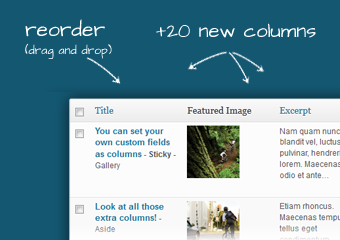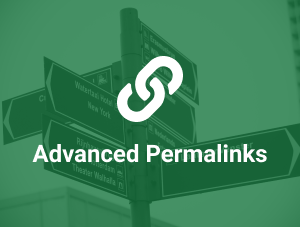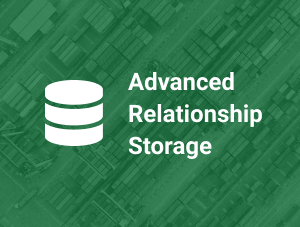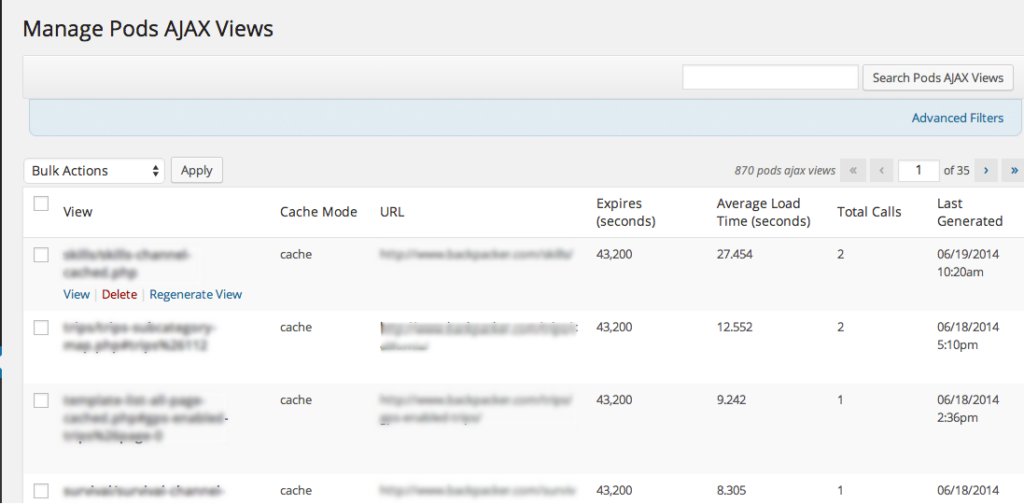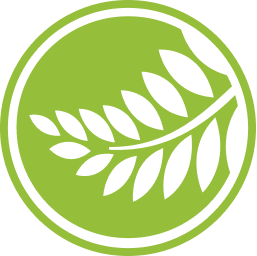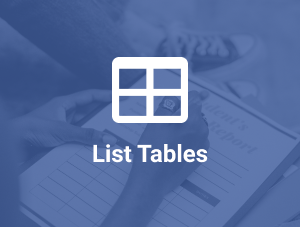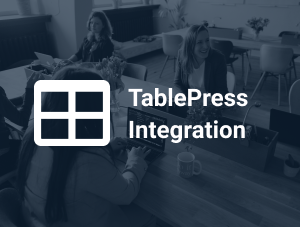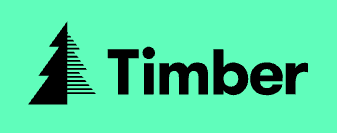Add columns to the management tables for Post Types, Taxonomies, Media, and Users.
Category: Builder, Built by Third Party, Featured, Integration, Premium, Premium (but they support Friends of Pods)
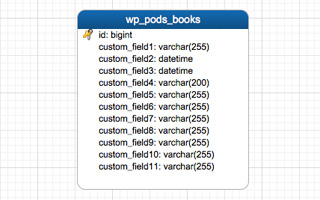
Advanced Content Types
Create custom tables entirely separate from WordPress. You most likely don’t need these and we recommend you use Custom Post Types or Custom Taxonomies instead.
Category: Advanced, Free, Included in Core
Advanced permalink structures and taxonomy landing pages
Category: Advanced, Built by Third Party, Featured, Pods Pro by SKCDEV, Premium, Premium (but they support Friends of Pods)
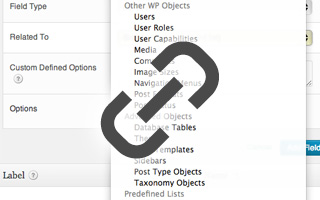
Advanced Relationships
Add advanced relationship objects for relating to including Database Tables, Multisite Networks, Multisite Sites, Themes, Page Templates, Sidebars, Post Type Objects, and Taxonomy Objects
Category: Advanced, Free, Included in Core
Advanced options for relationship storage
Category: Advanced, Built by Third Party, Featured, Pods Pro by SKCDEV, Premium, Premium (but they support Friends of Pods)
Integrates with Beaver Builder Themer
Category: Builder, Integration, Premium, Premium (but they support Friends of Pods)
Integration with the Genesis Framework for theming, makes it easier than ever to build sites with Pods.
Category: Builder, Included in Core, Integration, Premium
Integrates with Gravity Forms to map submissions into Pods, and provides a number of advanced abilities to customize how the forms work.
Category: Featured, Integration, Premium, Premium (but they support Friends of Pods)
A new block and shortcode to list/filter content from Pods in a table format
Category: Builder, Built by Third Party, Featured, Pods Pro by SKCDEV, Premium, Premium (but they support Friends of Pods)
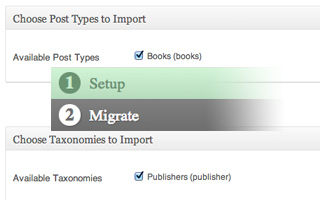
Migrate: Import from CPT UI
Import Custom Post Types and Taxonomies from Custom Post Type UI
Category: Featured, Free, Included in Core, Migration
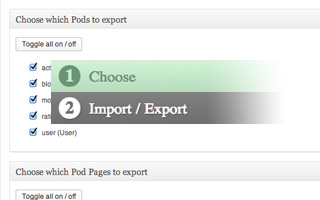
Migrate: Packages
Import/Export your Pods, Fields, and other settings from any Pods site; Includes an API to Import/Export Packages via PHP
Category: Featured, Free, Included in Core, Migration
Integrates Pods with Beaver Builder, Beaver Themer, Divi Theme, Elementor, GenerateBlocks, and Oxygen Builder
Category: Builder, Built by Third Party, Featured, Pods Pro by SKCDEV, Premium, Premium (but they support Friends of Pods)
This integration allows you to create and manage groups of fields for many areas in Paid Membership Pro including Checkout, Profile pages, Membership Levels, and Orders.
Category: Built by Third Party, Featured, Free, Integration, Premium, Premium (but they support Friends of Pods)
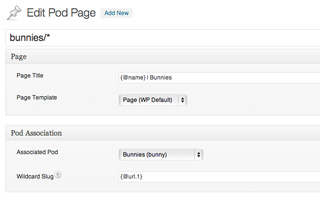
Pods Pages
Create advanced URL structures using wildcards, they can exist on-top of any existing WordPress URL rewrites or be entirely custom. Add a path and select the WP Template to use, the rest is up to you!
Category: Advanced, Builder, Free, Included in Core
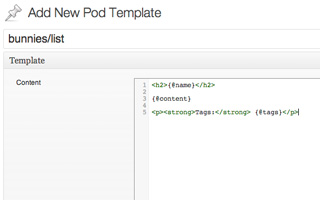
Pods Templates
An easy to use templating engine for Pods. Use {@field_name} magic tags to output values, within your HTML markup. Automatic front-end output on singular/archive views. No PHP code required.
Category: Builder, Featured, Free, Included in Core
Integration with Polylang, a Multilingual WordPress plugin that allows for multiple translations of content for your site.
Category: Free, Included in Core, Integration
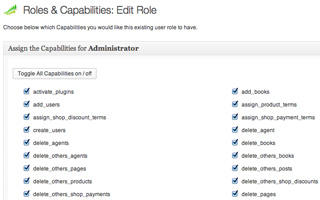
Roles and Capabilities
Create and Manage WordPress User Roles and Capabilities; Uses the ‘Members‘ plugin filters for additional plugin integrations; Portions of code based on the ‘Members‘ plugin by Justin Tadlock
Category: Free, Included in Core
Integrates with the WordPress Stream plugin to track changes to Pods and content
Category: Beta, Free, Integration
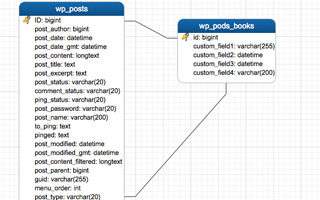
Table Storage
Enable a custom database table for your custom fields on Post Types, Media, Taxonomies, Users, and Comments.
Category: Advanced, Free, Included in Core
Integrates Pods with TablePress
Category: Builder, Built by Third Party, Featured, Integration, Pods Pro by SKCDEV, Premium, Premium (but they support Friends of Pods)
Integration with the Timber theme, makes it easy to integrate with the Twig Templating Engine that powers it.
Category: Builder, Free, Included in Core, Integration
Integration with WPML, a Multilingual WordPress plugin that allows for multiple translations of content for your site.
Category: Featured, Included in Core, Integration, Premium
The WS Form plugin integrates directly with Pods when using the Post Management add-on or the User Management add-on.
Category: Built by Third Party, Free, Integration, Premium (but they support Friends of Pods)
Enable any post type to relate to another with Yet Another Related Posts Plugin (YARPP) functionality.
Category: Free, Included in Core, Integration
Integrates Pods Advanced Content Types with Yoast WordPress SEO XML Sitemaps
Category: Free, Integration
